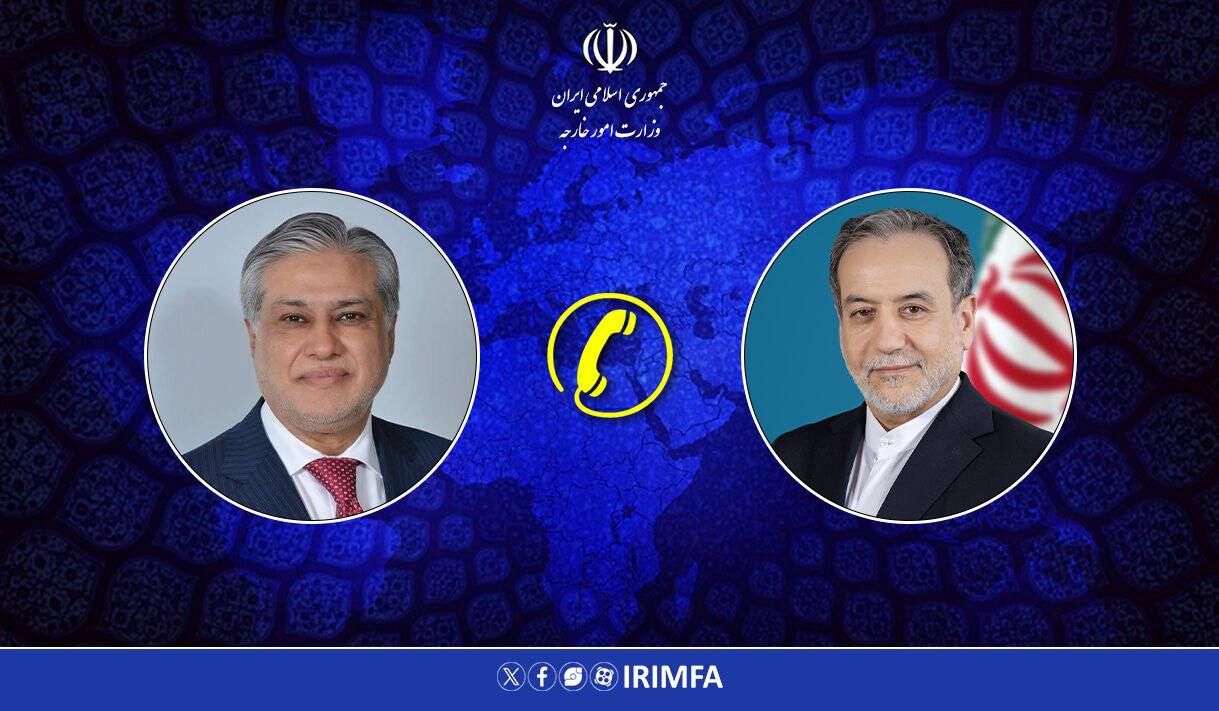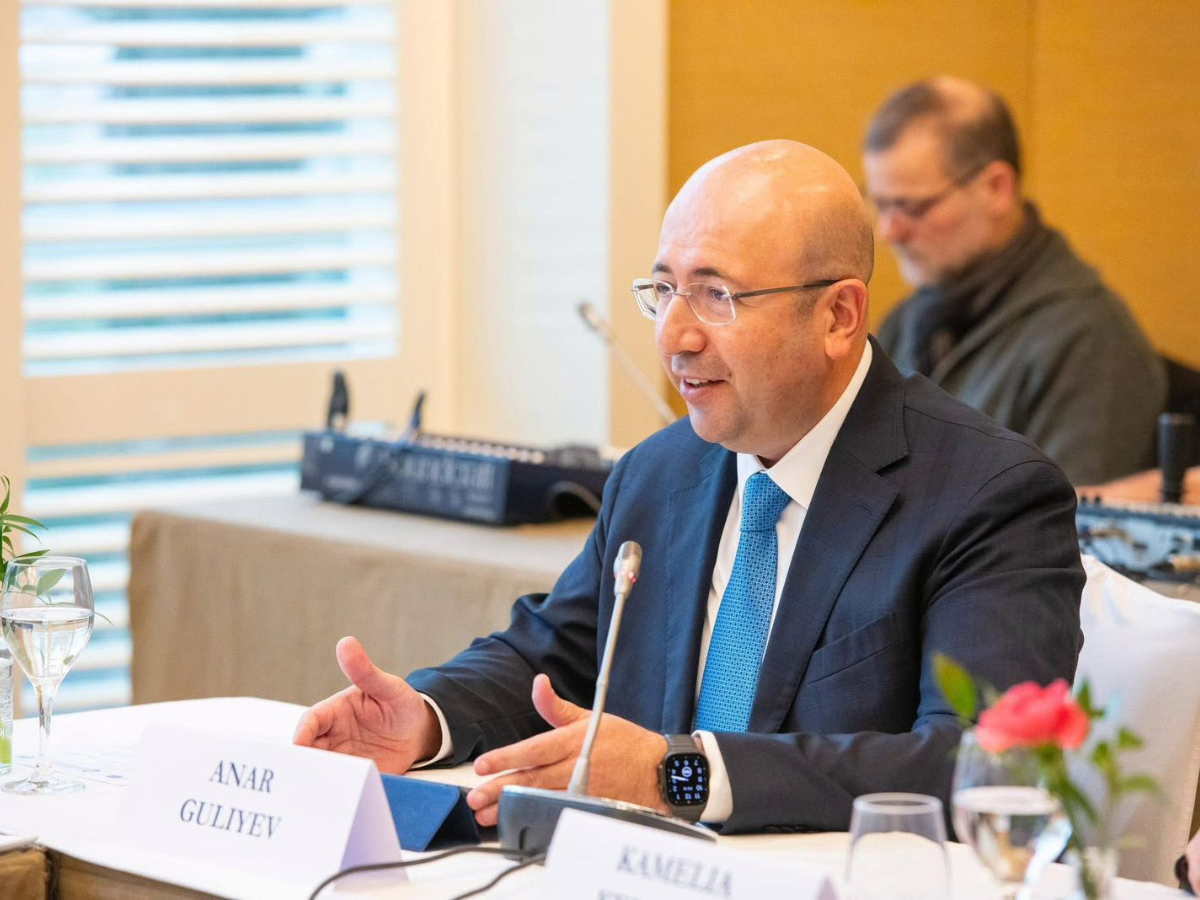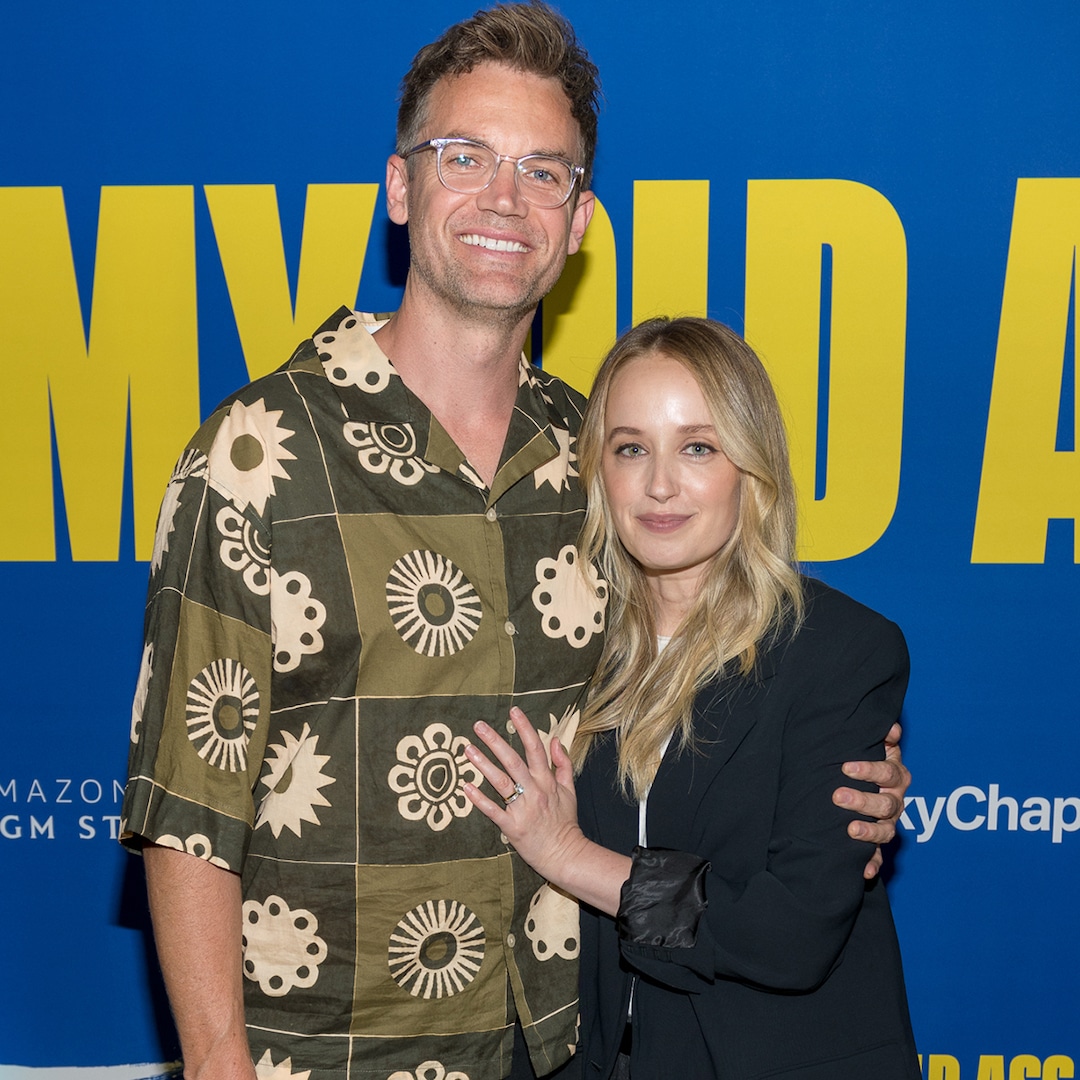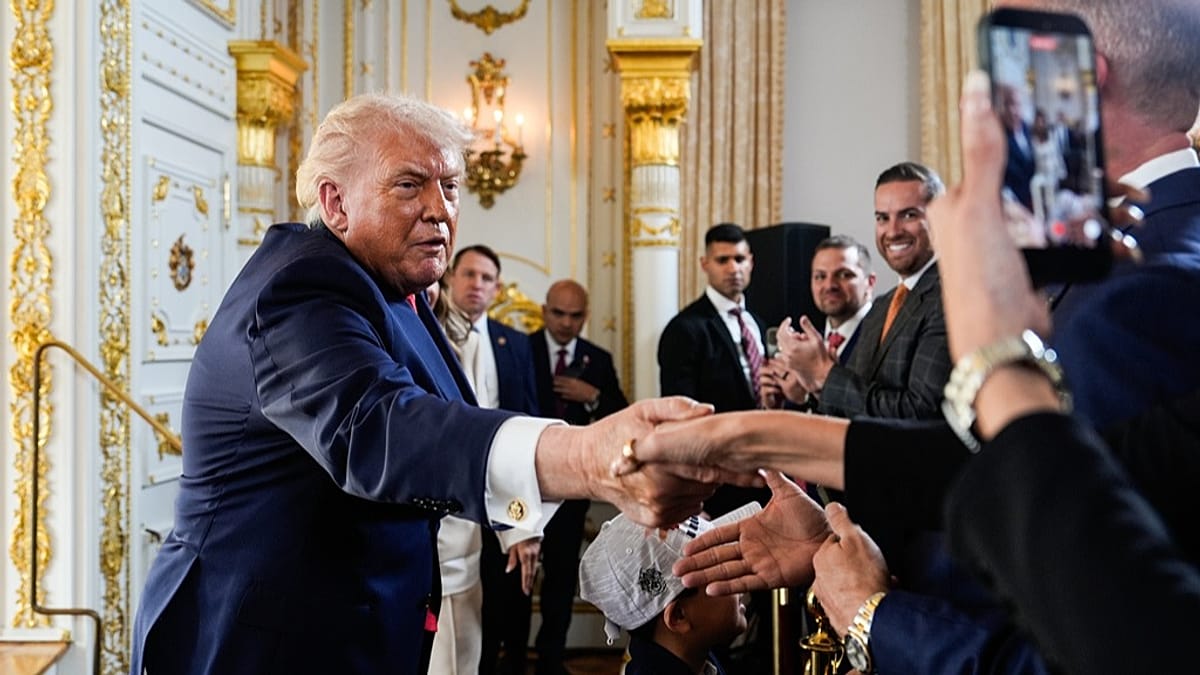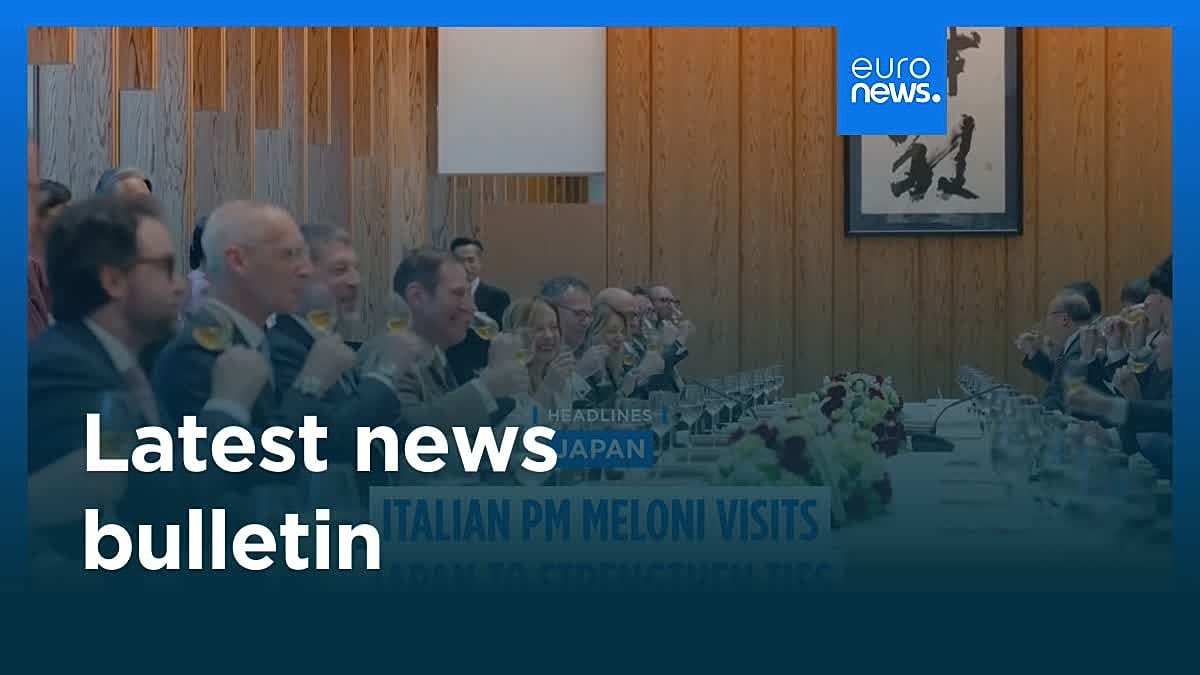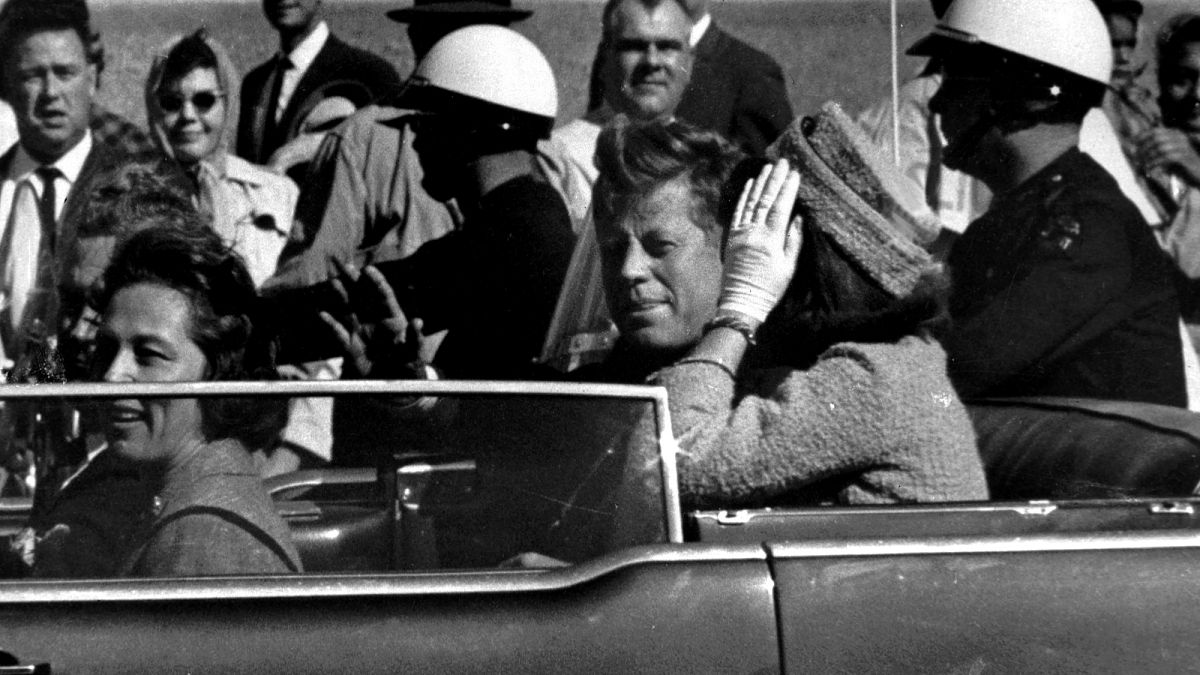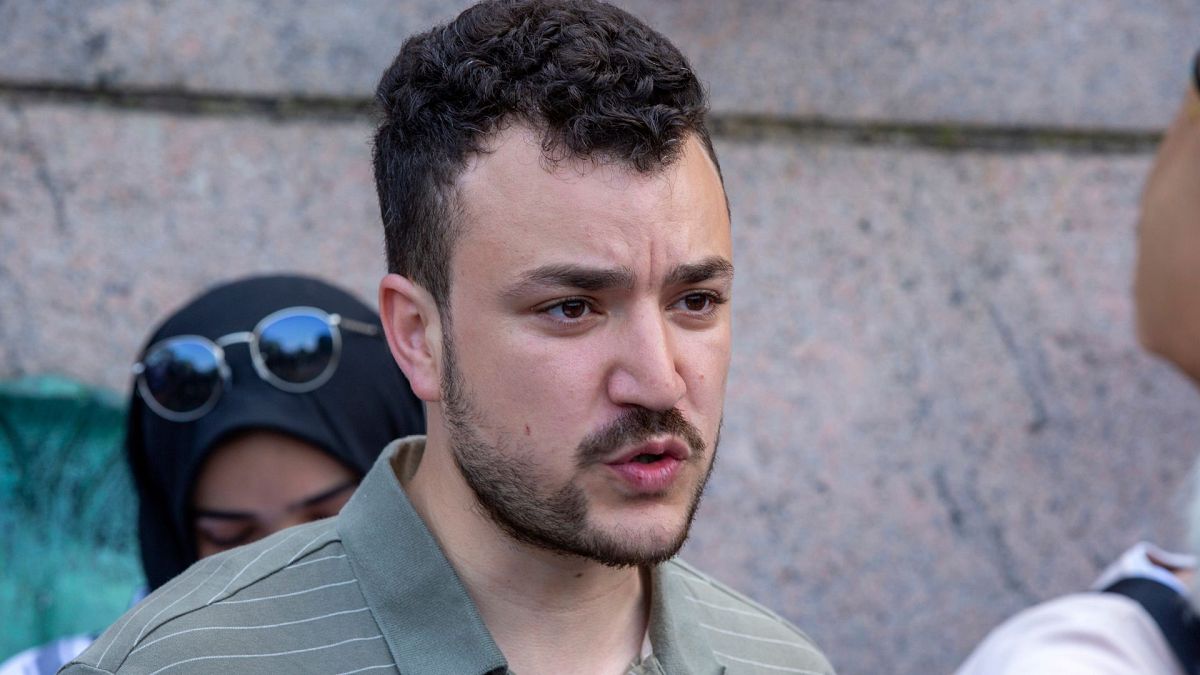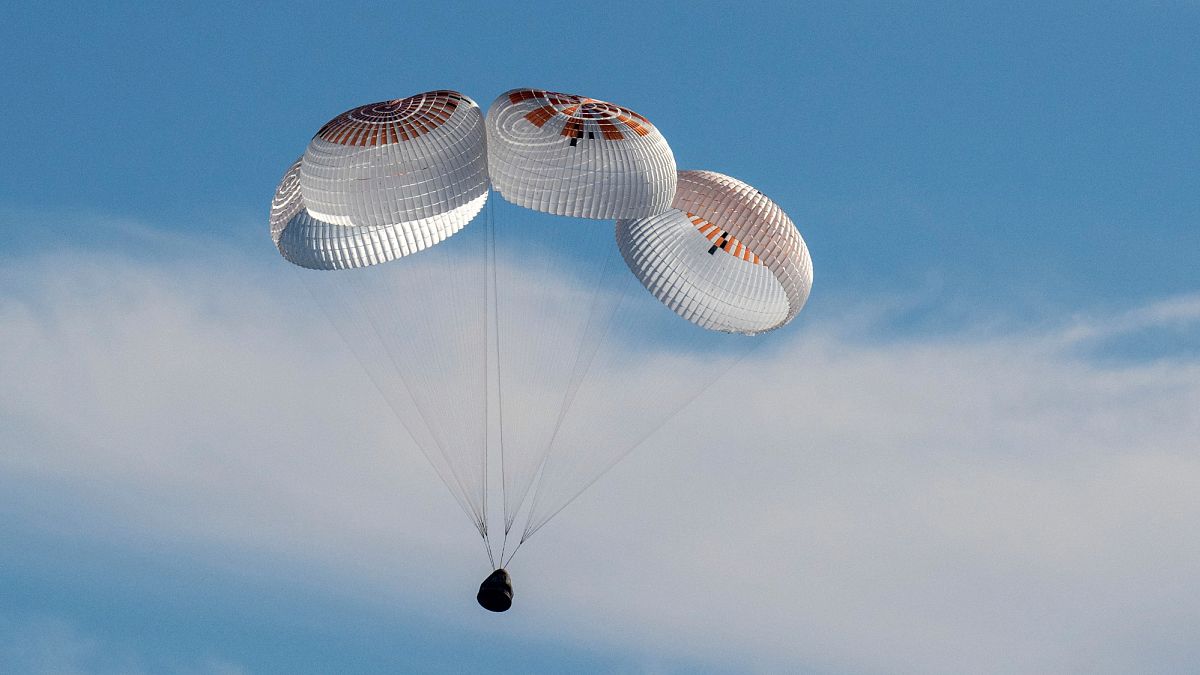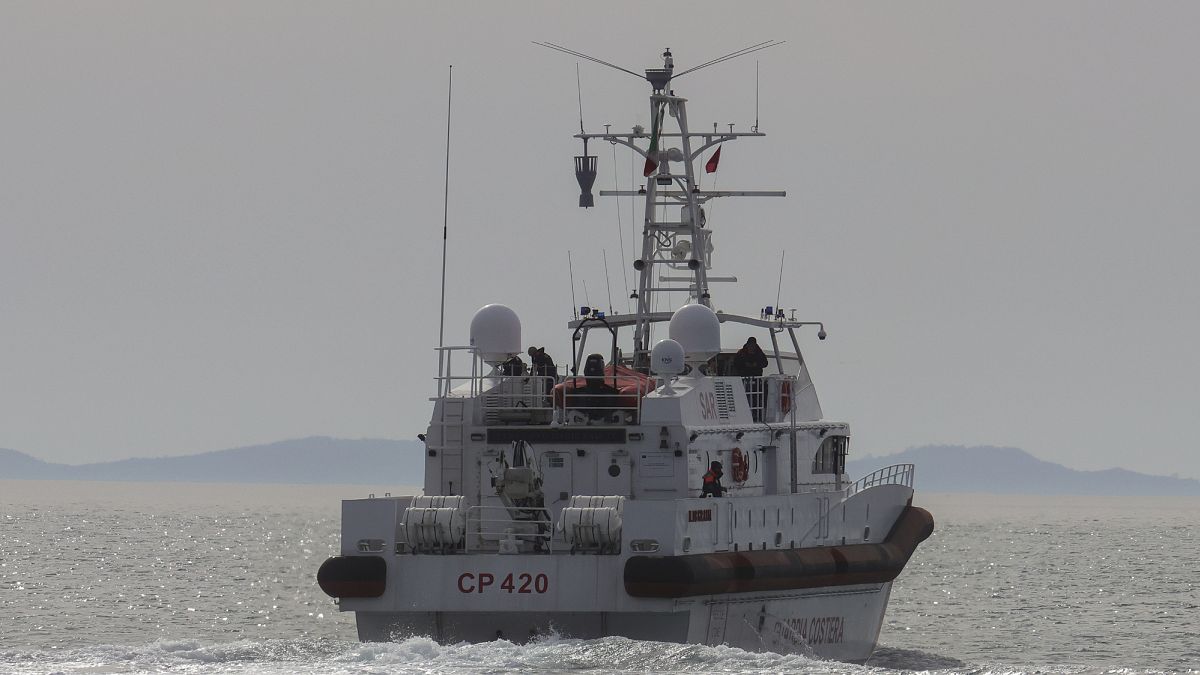L. Kovesi: There are no safe havens for organized crime – Corruption is not just a Greek issue
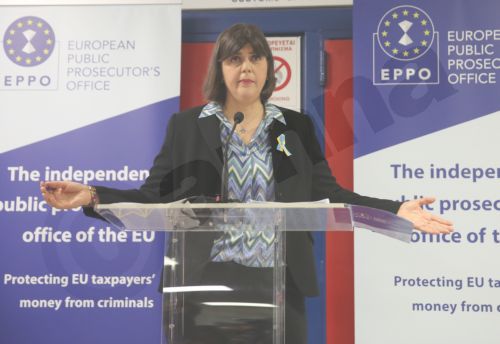
Choosing the customs area of Piraeus for the detailed press conference given to Greek journalists by European Prosecutor Laura Kovesi, she referred to one of the largest ongoing investigations into economic crime.
Ms. Kovesi, speaking about all the investigations concerning Greece, emphasized the “Calypso investigation,” which involves VAT and customs fraud, with a huge economic impact and the involvement of many countries.
Wanting to send a message to the criminal organizations that mainly traffic products from China through Piraeus and other major European ports, the Prosecutor said, “you will no longer have safe havens.” She reiterated her firm position that “economic crime kills,” emphasizing that it is linked to poverty. She pointed out that “corruption does not only concern Greece. There is no country ‘clean’ from corruption.”
In the interview, the head of EPPO received dozens of questions, answering all of them, both regarding the ongoing investigations related to OPEKEPE, the contract 717 for the Tempi, the issue of Article 86, as well as the case of the alleged over-priced recycling houses for which “an investigation has been opened.”
The Prosecutor, referring to the meetings she had yesterday with government ministers and heads of authorities, described them as very productive, emphasizing that she already has a very good collaboration with them. Specifically mentioning the Minister of National Economy and Finance Kyriakos Pierrakakis, she said, “I was impressed by the Finance Minister who immediately understood the issues” she raised, while she also spoke positively about the meetings she had with the Minister of Justice George Floridis and the Minister of Citizen Protection Michalis Chrysochoidis. Ms. Kovesi expressed her optimism that what was agreed upon will be implemented.
In her initial statement, Ms. Kovesi welcomed the fact that “there is now the political will” to change the law on ministerial responsibility (Article 86). “The sooner, the better,” she said.
The Prosecutor received many questions regarding Article 86, stating that it contradicts European legislation. She added that the article “has blocked” the OPEKEPE cases and the contract 717 for the trains. “To prevent this from happening again, the Constitution must be changed. After my meeting yesterday with the Minister of Justice, we were informed of the intention to proceed with this change. Change the Constitution to prevent this from happening again.”
Responding to questions about the OPEKEPE investigation, Ms. Kovesi said that “for many years some were stealing money.” In fact, in her initial statement, she mentioned that “OPEKEPE is the acronym for corruption, nepotism, and clientelism.” “It is time to clean the Augean stables,” emphasized Ms. Kovesi, expressing satisfaction “with the work of the national prosecutors.”
Moreover, Ms. Kovesi said that regarding the OPEKEPE issue, she received “a touching letter” from a female farmer, who informed her that she does not have access to the money she is entitled to “because she is not willing to bribe and participate in this system of corruption.”
The Prosecutor answered many questions about Tempi and 717, while she was asked if she is investigating anything related to the estimates of some of those involved in the case of the tragedy regarding “illegal cargo.” As she responded: “There is not enough evidence to open an investigation for smuggling” or any other economic crime under the jurisdiction of the European Prosecutor’s Office.
When asked if she receives threats for her work, Ms. Kovesi replied: “I have received many threats, but I do not speak about them publicly.”
The Prosecutor urged anyone wishing to report economic crimes to contact EPPO: “We examine all reports.” (2/10/25)


